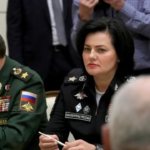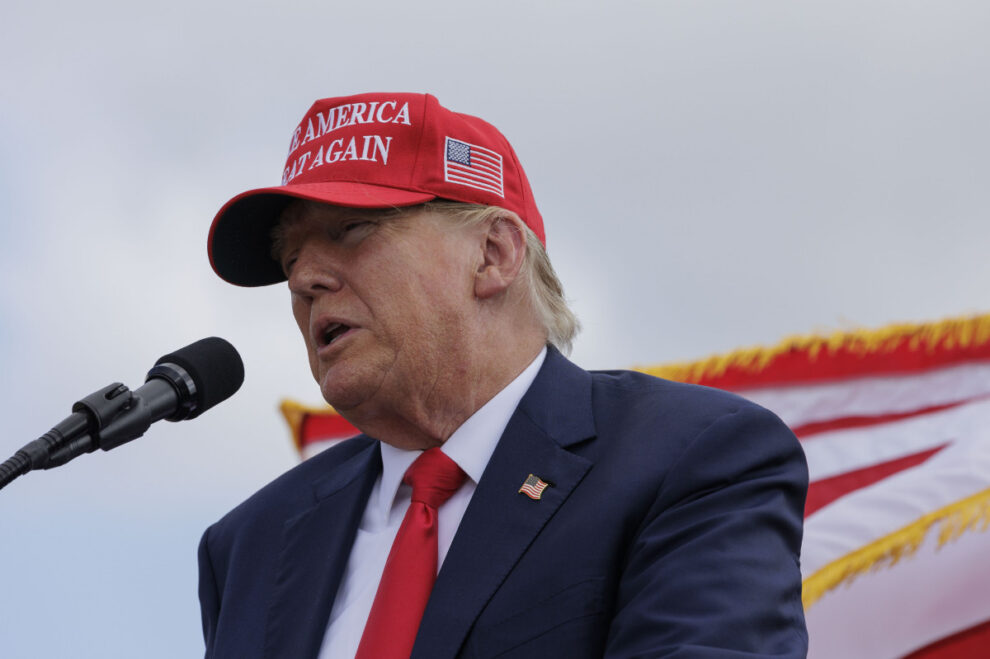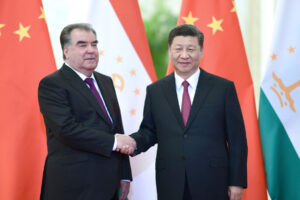The Trump trials can be confusing. With so much procedural action occurring across so many cases in so many jurisdictions, it’s often difficult to know when something truly important has happened.
It’s worth pausing and highlighting those hinge moments in these complicated cases when they arise.
Last night’s opinion by Judge Tanya Chutkan, who ruled that Donald Trump is not immune from criminal prosecution, is one of those crucial turning points.
First, recall that Trump’s general strategy across these cases is twofold:
- Argue that he’s immune from any post-presidential accountability for his actions as president.
- Delay the proceedings until he wins the 2024 election and then dismisses the cases.
Chutkan delivered a massive blow to the first part of this strategy. But what happens next at the appeals and Supreme Court level with respect to her decision could determine the fate of strategy No. 2.
Chutkan’s opinion is the first by a federal court to hold what probably seems obvious to most: A former president is not immune from criminal prosecution for crimes committed while serving as president.
This was no technical legal matter but a sweeping opinion written in language that leaned on the most sacred historical touchstones of American history: the founding ideals about the role of a king versus a president, the Federalist Papers and George Wahington. And the opinion was studded with pointed quotes about the nature of tyranny and the rule of law. (For example, from Justice Felix Frankfurter: “If one man can be allowed to determine for himself what is law, every man can. That means first chaos, then tyranny.”)
Here’s Chutkan’s already much-quoted summary of her decision:
“Whatever immunities a sitting President may enjoy, the United States has only one Chief Executive at a time, and that position does not confer a lifelong ‘get-out-of-jail-free’ pass. Former Presidents enjoy no special conditions on their federal criminal liability. Defendant may be subject to federal investigation, indictment, prosecution, conviction, and punishment for any criminal acts undertaken while in office.”
Here she is on Trump’s argument about impeachment:
“Under Defendant’s reading, if a President commits a crime that does not fall within that limited category, and so could not be impeached and convicted, the President could never be prosecuted for that crime. … The constitutional limits on impeachment’s penalties do not license a President’s criminal impunity.”
On whether not immunizing criminal conduct would chill presidential action:
“Every President will face difficult decisions; whether to intentionally commit a federal crime should not be one of them.”
On whether future presidents will be overwhelmed with criminal prosecutions:
“As Defendant acknowledges, he is the only former President in United States history to face criminal charges for acts committed while in office. … Despite Defendant’s doomsaying, he points to no evidence that his criminal liability in this case will open the gates to a waiting flood of future federal prosecutions.”
She has no patience for what she sees as Trump’s patently absurd claims about the First Amendment shielding him:
“In his Constitutional Motion, Defendant first argues that the Indictment should be dismissed because it criminalizes his speech and therefore violates the First Amendment. But it is well established that the First Amendment does not protect speech that is used as an instrument of a crime, and consequently the Indictment — which charges Defendant with, among other things, making statements in furtherance of a crime — does not violate Defendant’s First Amendment rights.”
Again and again she comes back to the simple principle that all Americans are equal before the law and that Trump should be treated like anyone else when it comes to criminal conduct.
But what happens next could determine how true that is. Trump’s plan is to appeal this decision to the Supreme Court. The clock is now ticking. If the appeals court and then the Supreme Court drag things out and delay appeals of Chutkan’s historic decision, it could disrupt the schedule of the trial, which is slated to start March 4. If the higher courts expedite these appeals, the trial could start on time. If it wasn’t apparent already, it is now clear that the most important decision determining the course of the 2024 election could be one made by the Supreme Court.
Source: Politico
















